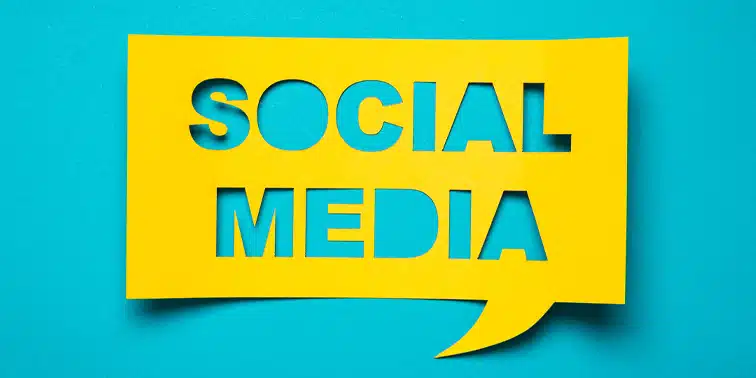If your internet access has dropped for days on end or you’ve been in the middle of nowhere, you could be forgiven for not knowing that Twitter, one of the most recognisable brands in the world, has recently been rebranded as ‘X.’
The move has left many users scratching their heads, wondering how it happened and why. And as ‘Twitter’ was awash with opinion from everywhere, we were interested to read this article in Marketing Week, where Mark Ritson, columnist and brand consultant, offers reasons why this was a mistake.
Here, we explore some of those reasons and examine why rebranding can be a costly decision for any company.
Rebranding is always a mistake
According to Ritson, no matter what your brand name is, you should always keep it. The only reason to rebrand is if you have to for legal or ownership reasons. In Twitter’s case, this was not the situation. Rebranding can be complicated and requires a lot of time and resources. It can damage a brand that has taken years to build.
Brand equity
A brand’s ability to be recognised by its target market and its ability to come to mind in buyer situations is of significant importance. It is often the deciding factor behind a consumer’s purchasing decision. Rebranding means losing all that brand equity and starting from scratch, which is a time-consuming and costly process.
Branded assets
Distinctive assets are crucial for any brand. The bird, the name, and the blue colour have become synonymous with Twitter’s brand. Rebranding means losing these distinctive assets. In a world where app usage is just as visually competitive as any shop shelf, standing out and claiming a share of your online presence is crucial. Losing such distinctive assets may impact a company’s ability to compete with its competitors for a while.
Cause for confusion
Rebranding can be confusing for users. Twitter’s rebrand to ‘X’ is not as simple as a name change. A company then has to consider the entire look and feel of the brand impacting logo, font, colour scheme, website, marketing material…the list goes on. This can lead to confusion among users, who may no longer recognise the brand they once knew and loved.
The decision to change at a time when a new kid on the block has appeared couple prove a costly mistake. Threads, previously the challenger brand, could find it is transformed into a stable and established platform sooner than it realised.
Why rebranding could be a costly mistake for your company
Whilst rebranding can serve as a critical step in a company’s evolution and become an opportunity to reinvent itself, this process can come with a significant financial burden.
Changing a company’s name, logo, or message requires the creation of an entirely new identity – an arduous task that takes a lot of time and resources. Updating social media accounts, brand guidelines, and website content is just the beginning. The cost of redoing printed materials, collateral, marketing campaigns, and advertising reach is a long-term investment. While rebranding can be an essential move for a business’s survival and growth, it’s imperative to consider the financial implications thoroughly. Choosing to rebrand should come after careful analysis of the return on investment and the potential outcome.
“It’s a Mistake!”
Only time will tell whether Twitter’s rebrand to ‘X’ is a significant mistake and whether it could have long-lasting consequences for the company. As Mark Ritson points out, rebranding is only necessary in specific situations. It should be done only if there is a legal or ownership need to do so. And, as if we were in any doubt, Ritson concludes his article by simply saying – “It’s a mistake!”
